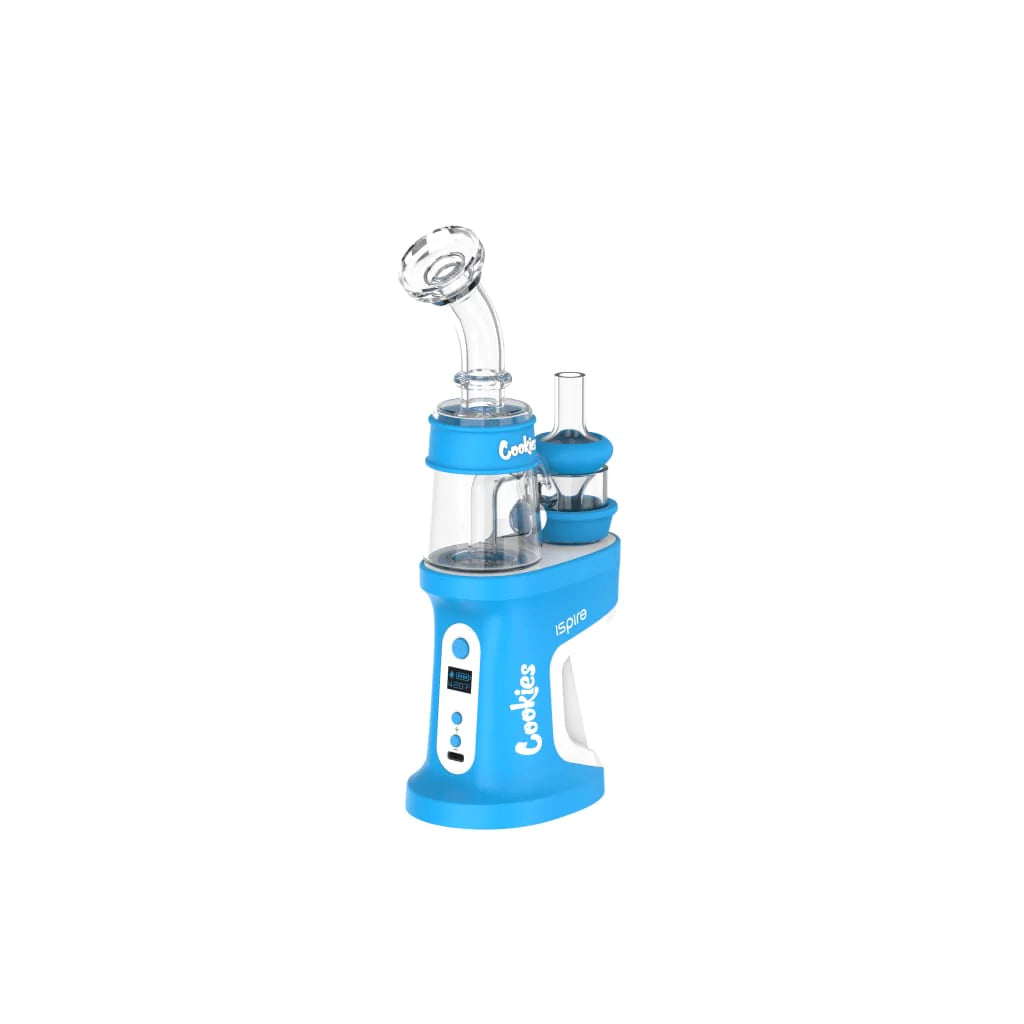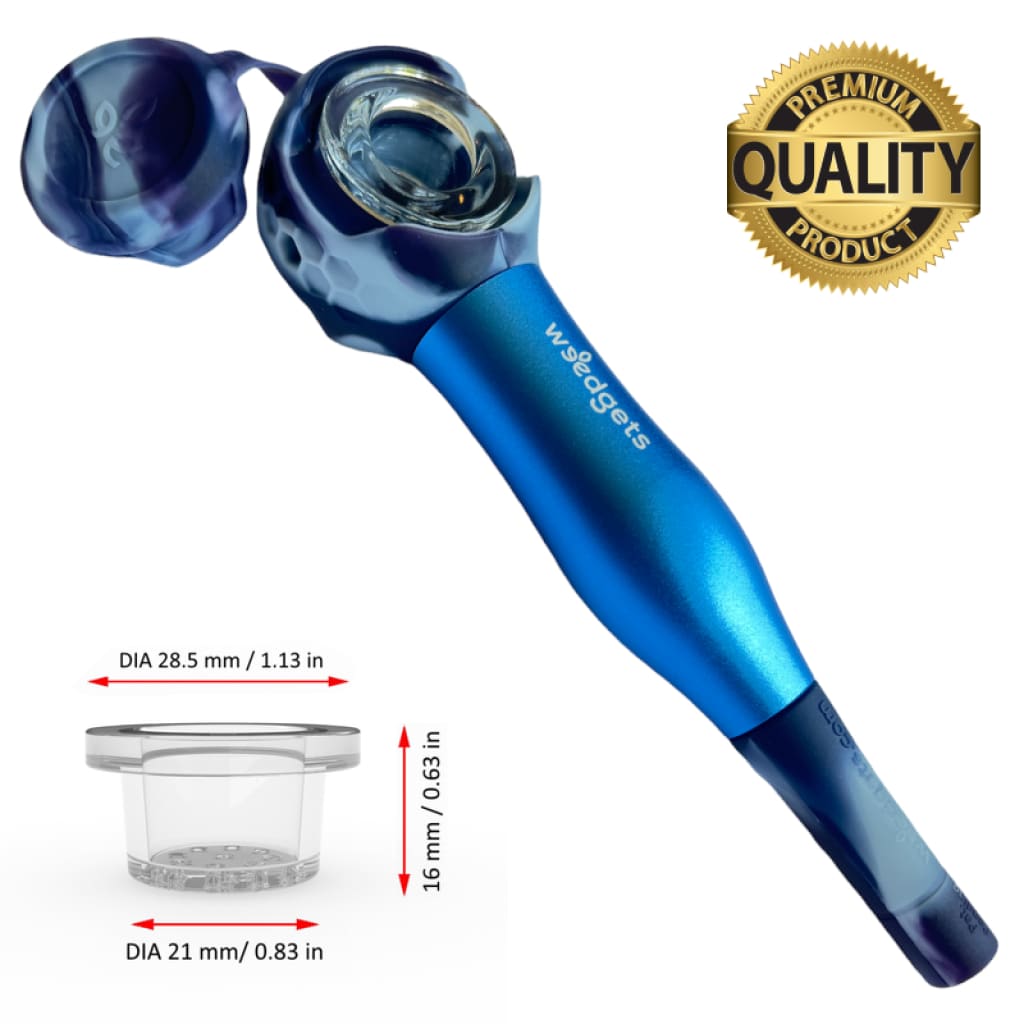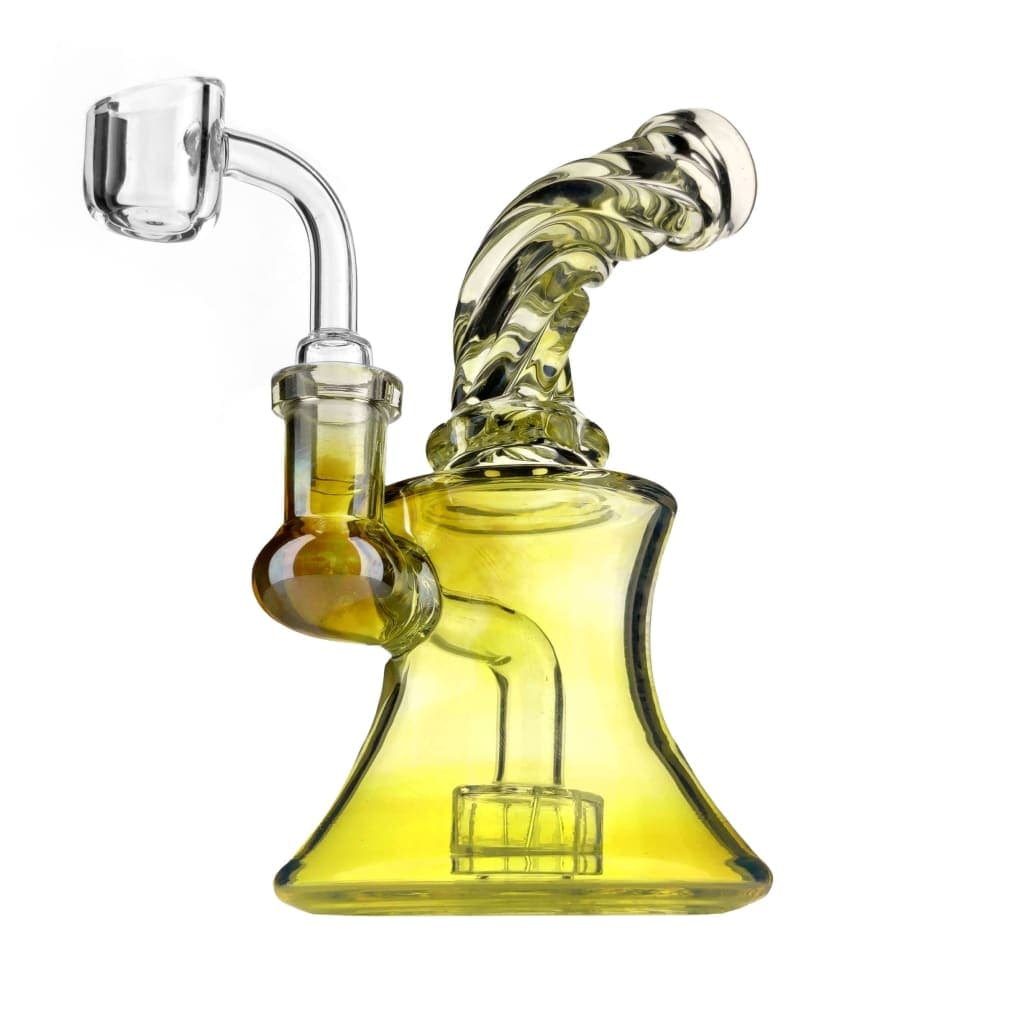What Is CBD?
CBD – An introduction
Since the discovery of the endocannabinoid system in the human body in 1992 by Dr. Raphael Mechoulam, science has shown that cannabis is much more than just a means to get high. As cannabis use becomes more mainstream, miraculous success stories are emerging from patients all over the world who are finding relief from a myriad of difficult to treat, chronic conditions such as epilepsy, chronic pain, fibromyalgia, and multiple sclerosis. Although scientific and clinical research has been limited here in the United States due to marijuana prohibition, with the rise of marijuana legalization worldwide, the science is finally starting to catch up.
What are cannabinoids?
Cannabinoids are produced within the human body by the endocannabinoid system. Ever heard of the term "Runners High"? This phenomenon is caused by the release of cannabinoids during exercise, and those internal cannabinoids produce a euphoria similar to the effects of cannabis. The compounds found in the plant are called “phyto”-cannabinoids. (Phyto is Greek for “from the plant”.) So far, scientists have discovered more than 60 different types of phyto-cannabinoids in the cannabis plant which interact with the CB receptors found in the endocannabinoid system and can result in many different therapeutic responses. In other words, cannabinoids are tiny little powerhouses of healing which are abundant and easy to obtain from a renewable, natural resource… cannabis.
Although cannabis is still considered illegal by the federal government and remains unapproved by the FDA, many government websites are now starting to show a more relaxed approach to the use of cannabis as medicine. Even the federal National Cancer Institute, Cancer.gov, is now listing research showing where cannabis may, in fact, be considered for helping to treat cancer. Even the National Institute on Drug Abuse is starting to recognize the plant.
What is CBD?
Cannabidiol, or CBD, is the second most abundant cannabinoid, found in the cannabis plant and the non-psychoactive counterpart to THC, the most common cannabinoid. CBD does not create any type of euphoria or intoxication at all, as it is not well received by the CB1 receptors found in various areas of the brain in the endocannabinoid system. In fact, CBD is an uptake inhibitor, which actually can help reduce and/or eliminate the intoxication effects produced by THC. Many studies have been done over the years and science has started to see therapeutic benefits from CBD in many different ailments.
Epilepsy – multiple studies have been done both on animals and human test subjects, and although the government has deemed the studies inconclusive, even the Epilepsy Foundation states that it is beneficial for those who do not receive help from traditional therapy to seek out cannabis CBD therapy as an alternative and is actively helping to make cannabis accessible to patients.
Multiple Sclerosis (and other neurological disorders) – Cannabis-based medicines have been approved in Europe and other countries for the treatment of MS already. Clinical trials are still ongoing in the United States, but throughout the world, we are seeing those who suffer from MS, Alzheimer’s, and even Parkinson’s disease may find relief from high concentrations of CBD oils.
Chronic Pain – some of CBD’s best known benefits are the anti-inflammatory and analgesic effects on pain which is why it makes such a great treatment for MS patients, but those with chronic pain, neurological pain, arthritis, and cancer pain are also finding relief through THC and CBD therapy. In addition, besides simply treating the pain, CBD is also being researched as treatment for addiction to other more dangerous drugs, and as a potential means to end the opiate addiction crisis in the US.
Anxiety – Although drugs like Klonopin and Ativan are prescribed to control seizures, these medications are often prescribed to treat chronic anxiety, as well. So, if CBD works so miraculously for controlling seizures, it stands to reason that it also may work well as an anti-anxiety treatment without the side effects caused by many of the pharmaceutical approaches.
But is CBD really safe?
On June 24, 2015 Nora Volkow, the Director of the National Institute on Drug Abuse presented information to the Senate Caucus on International Narcotics Control in which she stated there are really no side effects to CBD at all:
“A review of 25 studies on the safety and efficacy of CBD did not identify significant side effects across a wide range of dosages, including acute and chronic dose regimens, using various modes of administration.”
Buyer Beware – Not all CBD’s are created equal
Without federal approval and federal regulation, there are no safe guards in place for the consumer, and many companies are cashing in on the lack of education and lack of knowledge surrounding these products. Many products being sold over the counter in health stores and on the internet as “legal” CBD, may in fact, be toxic due to how the product is manufactured. , a non-profit organization promoting the benefits of CBD, ran tests on several of these products which showed toxic chemicals being used as thinning agents. In addition, CBD oil should be extracted from cannabis not industrial hemp, so unless your CBD oil was made and purchased in a state where cannabis is legal, it probably isn’t the real deal and may cause more harm than good.
Eventually the laws will catch up with the science. As more states legalize cannabis access, more people are seeing positive responses to conditions in which they felt trapped and hopeless. Even without legalization, people all over the world are willing to take the risk to medicate themselves and their family members with a natural alternative to the side-effect laden prescriptions that often create more problems than they resolve. While the cannabis industry keeps plugging along, the potential discoveries for more health benefits from the multiple cannabinoids are limitless. As legalization pushes forward, more universities and research facilities are going to be able to start seeing CBD, THC, and many of the other dozens of cannabinoids for their true potential, and finally those who are suffering needlessly will have access to the same miracle that so many others have already found.





